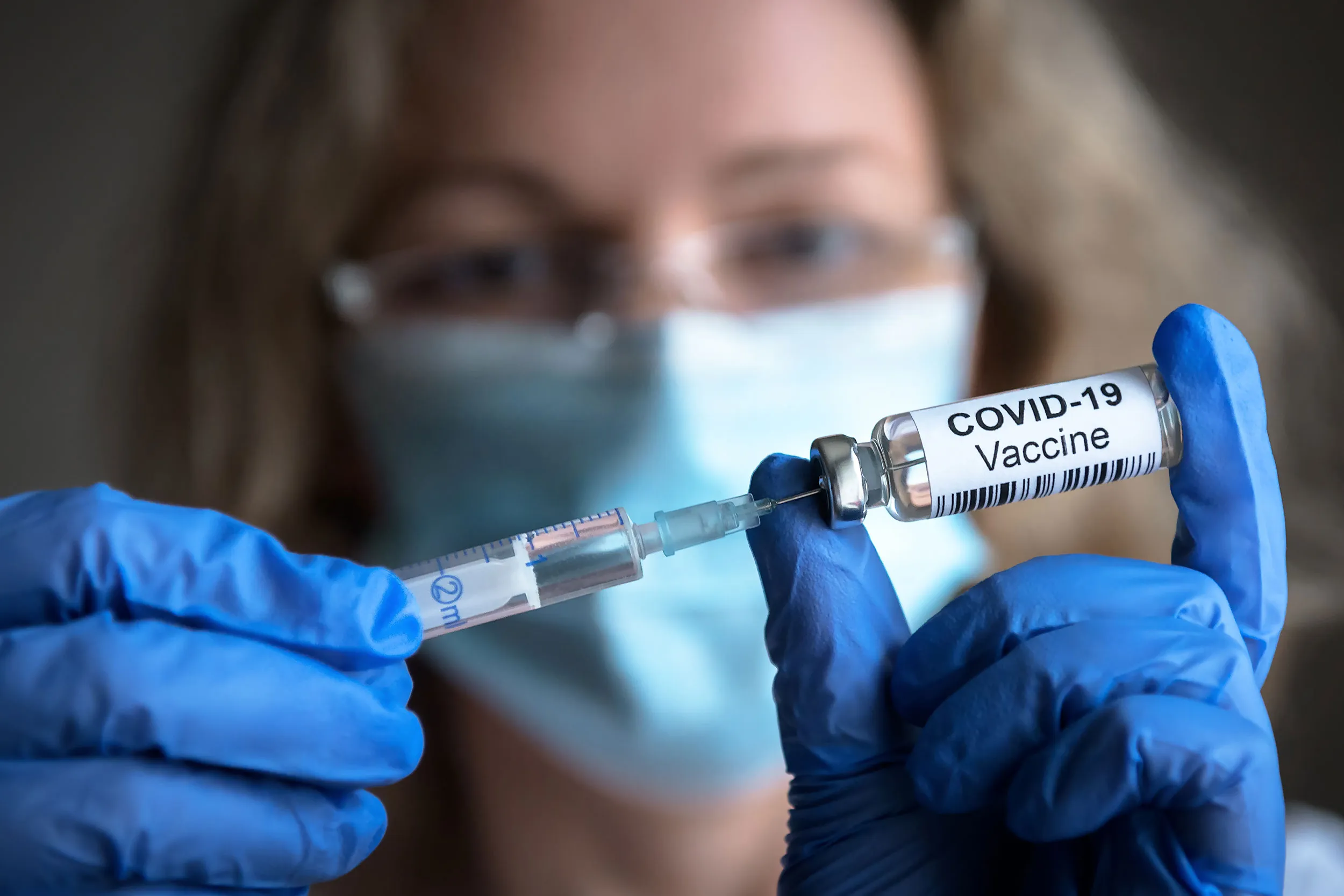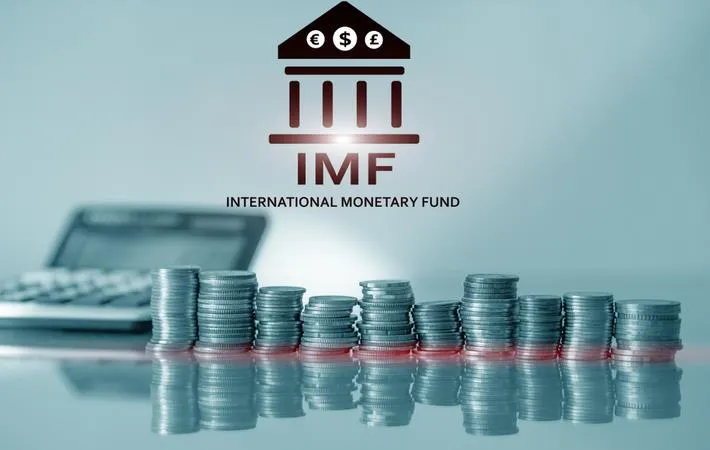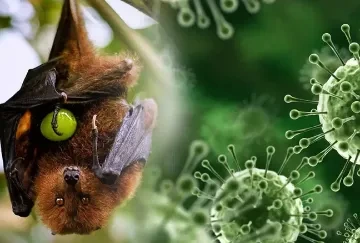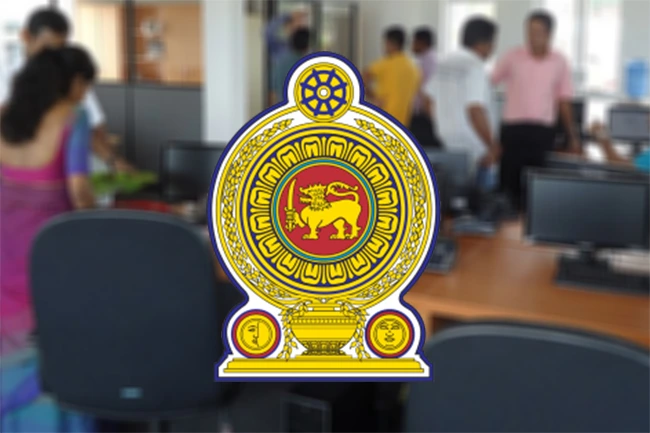In the wake of a global health crisis that reshaped societies, economies, and healthcare systems, the rollout of COVID-19 vaccines was hailed as a monumental achievement(COVID-19 Vaccine Risks). For Sri Lanka, a nation grappling with the pandemic’s devastating effects, vaccines offered a glimmer of hope. However, a recent Korean government study shared by Dr. Peter A. McCullough on X has raised serious concerns about vaccine safety, particularly for severe adverse events. This revelation prompts us to reflect on Sri Lanka’s vaccination journey, the global narrative, and what this means for our public health policies moving forward. In this blog post, we delve into the study’s findings, explore Sri Lanka’s context, and discuss the implications for our nation.
A Shocking Study from South Korea: 44.7% Case-Fatality Rat
The Korean study, published in PLoS One and titled “Mortality in severe serious adverse events following heterologous and homologous prime-boost vaccination strategies for SARS-CoV-2,” analyzed severe adverse events following COVID-19 vaccination. The results are staggering: a 44.7% case-fatality rate within 42 days among patients experiencing severe adverse reactions. Out of 358 individuals with severe adverse events, 160 succumbed, primarily due to cardiovascular complications. The study highlighted that mix-and-match vaccine recipients and nursing home patients faced the highest risks, challenging the widely propagated narrative that COVID-19 vaccines are universally safe.
Dr. Peter McCullough, a prominent cardiologist and critic of the global vaccine rollout, shared these findings on X on May 25, 2025. He noted that the Bio-Pharmaceutical Complex has shifted its messaging from “vaccines are safe” to “vaccines saved millions of lives,” a narrower claim that sidesteps growing evidence of risks. Additionally, a related study by Fraiman et al. estimated a 1 in 800 serious adverse event rate in Pfizer and Moderna trials, suggesting that the risks may have been underreported globally.
For Sri Lanka, a country that relied heavily on a mix of vaccines like Sinopharm, AstraZeneca, Pfizer, and Moderna, these findings raise critical questions about the safety of our vaccination strategies, especially for vulnerable populations such as the elderly and those with comorbidities.
Sri Lanka’s Vaccination Journey: A Mixed Experience
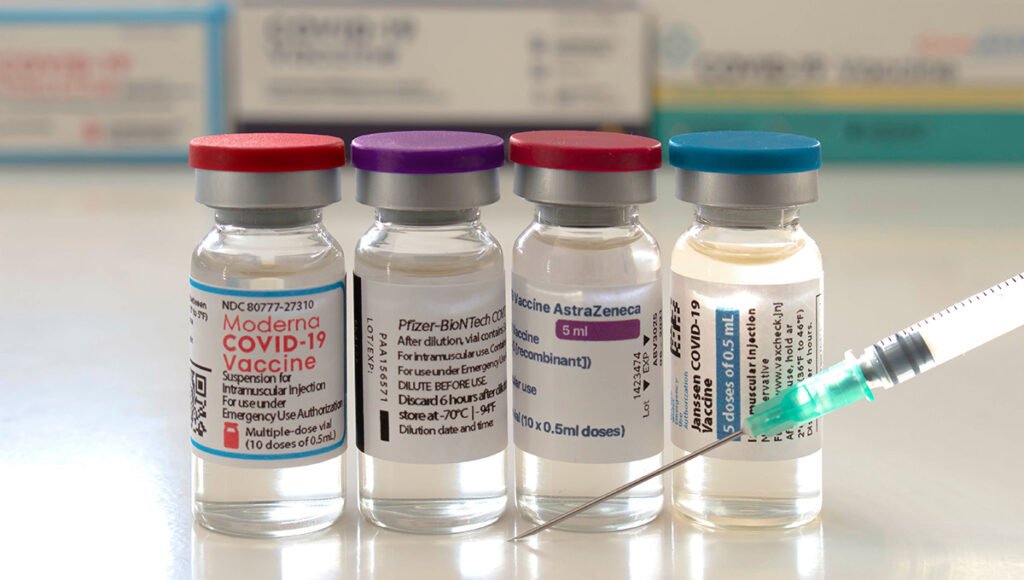
Sri Lanka began its COVID-19 vaccination program in early 2021, with a focus on frontline workers, the elderly, and high-risk groups. The government aimed to achieve herd immunity by vaccinating a significant portion of the population, a strategy that mirrored global efforts. Vaccines were procured through international partnerships, including the COVAX initiative, and bilateral agreements with countries like China and India. By mid-2023, over 60% of Sri Lankans had received at least one dose, a remarkable feat given the country’s economic challenges at the time.
However, vaccine hesitancy was a significant hurdle. A national survey on COVID-19 vaccine hesitancy in Sri Lanka, published on the National Center for Biotechnology Information (NCBI) website, revealed that ethnic minorities such as Indian Tamils, Sri Lankan Tamils, and Sri Lankan Moors exhibited higher odds of vaccine hesitancy compared to the Sinhalese population. Factors such as distrust in healthcare systems, historical marginalization, and misinformation contributed to this reluctance. The government responded with targeted health education campaigns, but the Korean study’s findings suggest that hesitancy may have been rooted in legitimate concerns about safety.
Sri Lanka also adopted a mix-and-match vaccination strategy, combining doses of AstraZeneca, Sinopharm, and Pfizer for booster shots. While this approach was driven by supply constraints and global recommendations, the Korean study’s revelation about higher risks in mix-and-match recipients is alarming. In rural areas and among the elderly—groups that often received varied vaccine combinations due to logistical challenges—these findings could indicate a higher-than-expected risk of severe adverse events.
The Global Context: A Shift in Narrative
Globally, the narrative around COVID-19 vaccines has evolved. Initially marketed as “safe and effective,” vaccines were credited with saving millions of lives. A 2022 study published in The Lancet Infectious Diseases estimated that the first year of COVID-19 vaccination averted over 14 million deaths worldwide. However, disparities in vaccine access and the adoption of zero-COVID strategies in some regions, such as the Western Pacific, resulted in varied outcomes. Sri Lanka, with its high vaccination rates but limited healthcare infrastructure, likely saw a significant impact from the vaccine rollout, though exact figures on lives saved remain unclear.
The Korean study, however, shifts the focus to the darker side of vaccination. The 44.7% case-fatality rate among those with severe adverse events is a stark contrast to the reassuring messages from global health authorities like the CDC, which maintains that COVID-19 vaccines do not increase the risk of non-COVID deaths. The CDC has acknowledged rare adverse events like anaphylaxis and myocarditis, but the scale of mortality reported in the Korean study suggests that severe outcomes may be more common than previously thought, particularly for vulnerable groups.
Implications for Sri Lanka: What Needs to Change?
The findings from South Korea have profound implications for Sri Lanka’s public health policies. First, there is an urgent need for transparency in reporting adverse events. While Sri Lanka established systems to monitor vaccine safety, the data on severe adverse events and related deaths is not widely publicized. The government must prioritize collecting and sharing this information to rebuild public trust, especially among communities with high vaccine hesitancy.
Second, Sri Lanka should reassess its vaccination strategies, particularly for booster doses and vulnerable populations. The elderly, many of whom reside in nursing homes or rural areas with limited access to healthcare, may be at higher risk of severe adverse events, as highlighted by the Korean study. A targeted review of mix-and-match vaccination outcomes in Sri Lanka could help identify whether certain combinations are riskier and adjust policies accordingly.
Third, there is a need for greater investment in alternative healthcare approaches. A reply to Dr. McCullough’s post on X by user @korenakay
highlighted the historical effectiveness of natural medicine before the rise of Big Pharma, a sentiment that resonates with Sri Lanka’s rich tradition of Ayurveda and herbal remedies. While vaccines played a critical role in managing the pandemic, integrating natural and traditional therapies into post-COVID care could offer safer options for those at risk of adverse events.
Moving Forward: A Call for Accountability and Research
The Korean study underscores the need for global accountability in the vaccine rollout. In Sri Lanka, where public trust in institutions is already fragile due to economic and political instability, the government must act swiftly to address these concerns. Collaborating with international health organizations to conduct localized studies on vaccine safety could provide clarity on the risks faced by Sri Lankans. Additionally, advocating for global vaccine equity—ensuring that low- and middle-income countries like Sri Lanka have access to safer, better-tested vaccines—should be a priority.
For the average Sri Lankan, this news may be unsettling, but it also serves as a reminder to stay informed and question narratives that downplay risks. The Bio-Pharmaceutical Complex, as Dr. McCullough notes, has shifted its messaging to focus on lives saved rather than addressing safety concerns. As a nation, Sri Lanka must demand better—better data, better policies, and better protections for its people.
Conclusion: A Balanced Approach to Public Health
The Korean study shared by Dr. Peter McCullough is a wake-up call for Sri Lanka and the world. While COVID-19 vaccines undoubtedly played a crucial role in mitigating the pandemic, the risks of severe adverse events cannot be ignored. For Sri Lanka, a country with a unique socio-economic and cultural landscape, these findings highlight the need for tailored public health strategies that prioritize safety, transparency, and equity. By learning from global research and adapting to local needs, Sri Lanka can navigate the post-COVID era with resilience and wisdom.

